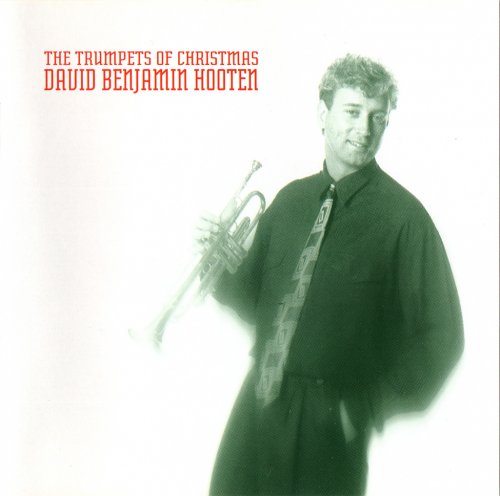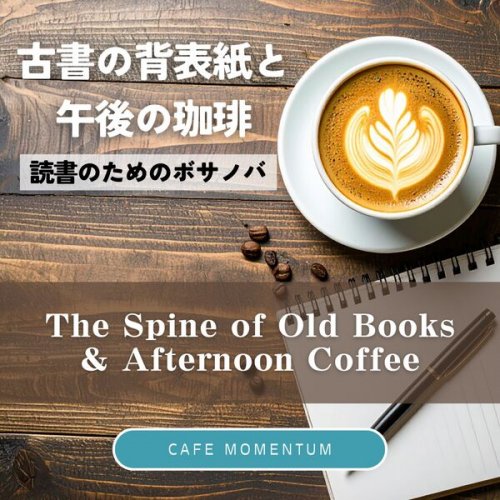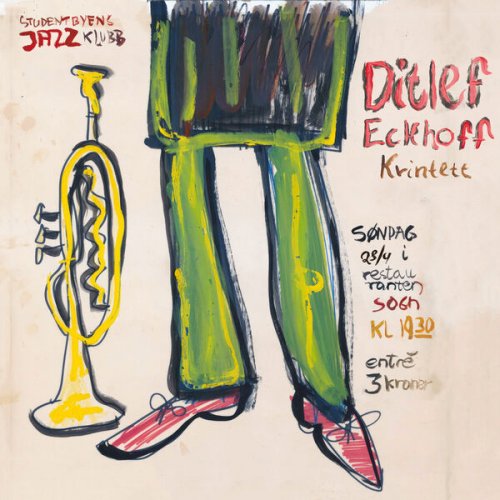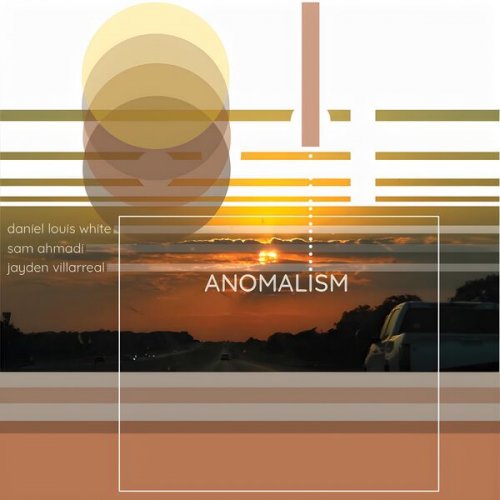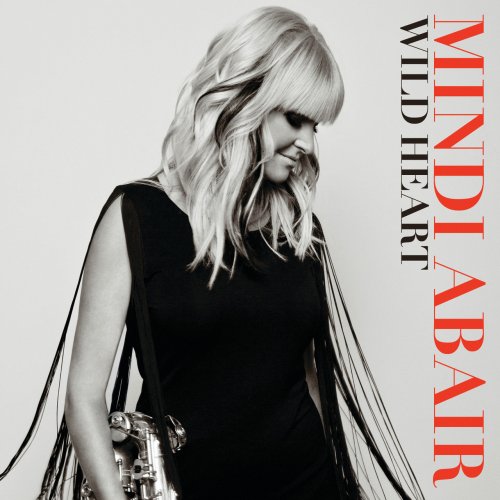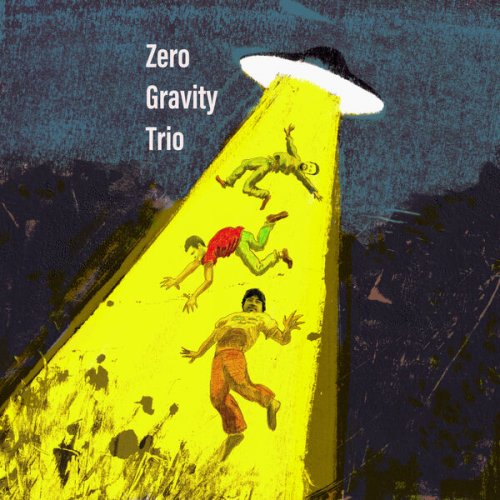Bejun Mehta, Rosemary Joshua, Rene Jacobs - Handel: Ombra Cara - Opera Arias (2010) CD-Rip
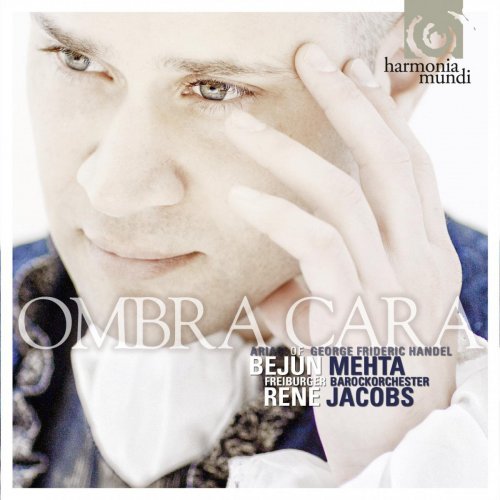
Artist: Bejun Mehta, Rosemary Joshua, Rene Jacobs
Title: Handel: Ombra Cara - Opera Arias
Year Of Release: 2010
Label: Harmonia Mundi
Genre: Classical, Vocal
Quality: FLAC (image+.cue,log,scans)
Total Time: 71:46
Total Size: 407 Mb
WebSite: Album Preview
Tracklist: Title: Handel: Ombra Cara - Opera Arias
Year Of Release: 2010
Label: Harmonia Mundi
Genre: Classical, Vocal
Quality: FLAC (image+.cue,log,scans)
Total Time: 71:46
Total Size: 407 Mb
WebSite: Album Preview
01. Amadigi di Gaula: Aria: Sento la gioia (III, 6)
02. Agrippina: Otton, Otton
03. Aria Voi, che udite il mio lamento (II,5)
04. Riccardo primo, re dÍnghilterra: Aria: Agitato da fiere tempeste (I, 6)
05. Tolomeo, re d’Égitto: Recitativo: Che più si tarda omai
06. Accompagnato Inumano fratel: Aria: Stille amare (III, 6)
07. Orlando: Accompagnato: Ah! stigie larve; Arioso: Già latra Cerbero; Accompagnato: Ma la furia; Aria: Vaghe pupille (II, 11)
08. Rodrigo: Passacaille (Ouverture)
09. Radamisto: Aria: Ombra cara di mia sposa (II, 2)
10. Rodelinda: Fra tempeste funeste (II, 4)
11. Rodelinda: Con rauco mormorio (II, 5)
12. Orlando: Recitativo: Túbbidirò, crudele; Aria; Fammi combattere (I,9)
13. Sosarme: Duetto: Per le porte del tormento (II, 8)
Performers:
Bejun Mehta, countertenor
Rosemary Joshua, soprano
Freiburg Baroque Orchestra
Conductor - René Jacobs
Mehta differs from other countertenors insofar as his dynamic range is concerned. As René Jacobs points, Mehta can sing high softly–very rare for this voice type–and has a rich, full alto range. Furthermore, his phrasing is natural and musical; he can express feelings from rage to ecstasy to yearning by coloring his tone, leaning into a note or phrase. His coloratura is natural and unaspirated; his bottom register takes on a very dark hue without becoming baritonal or chesty. His embellishments are both tasteful and virtuosic–a rare combo–and he has real trills.
The opening number, "Sento la gioia" from Amadigi, tells most of the story: great energy, absolutely impeccable rhythm and diction, a softness in the 'B' section, surprising embellishments in da capo. And I cannot say enough about Jacobs and his Freiburg Baroque Orchestra–the spicy oboes and jubilant trumpets are perfect partners to Mehta's singing.
Later in the CD program the Mad Scene from Orlando shows more specific dramatic abilities; this manic-depressive scene takes Orlando through frightening hallucinations, introspection, and rage, in both accompanied recitatives and ariosos. "Stille amare", one of Handel's greatest moments, shows us Tolomeo as he believes he has taken poison. In fact, it's just a sleeping draught, and his voice trails off at the end in a most un-Baroque fashion. And poor Ottone in Agrippina loves the wily Poppea so much that his lament, "Voi che usite il mio tormento", is truly touching, and is sung with a knock-out legato. The final number is the duet "Per le porte del tormento" from Sosarme, sung with soprano Rosemary Joshua. This is one of the composer's most beautiful episodes and it's performed perfectly, with fine ornamentation in the da capo.
As suggested, Jacobs and his musicians are magnificent–in addition to their accompaniments/collaborations with Mehta, they play the overture to Rodrigo, which highlights bassoons and oboes and a violin solo. Buy this CD. -- Robert Levine
The opening number, "Sento la gioia" from Amadigi, tells most of the story: great energy, absolutely impeccable rhythm and diction, a softness in the 'B' section, surprising embellishments in da capo. And I cannot say enough about Jacobs and his Freiburg Baroque Orchestra–the spicy oboes and jubilant trumpets are perfect partners to Mehta's singing.
Later in the CD program the Mad Scene from Orlando shows more specific dramatic abilities; this manic-depressive scene takes Orlando through frightening hallucinations, introspection, and rage, in both accompanied recitatives and ariosos. "Stille amare", one of Handel's greatest moments, shows us Tolomeo as he believes he has taken poison. In fact, it's just a sleeping draught, and his voice trails off at the end in a most un-Baroque fashion. And poor Ottone in Agrippina loves the wily Poppea so much that his lament, "Voi che usite il mio tormento", is truly touching, and is sung with a knock-out legato. The final number is the duet "Per le porte del tormento" from Sosarme, sung with soprano Rosemary Joshua. This is one of the composer's most beautiful episodes and it's performed perfectly, with fine ornamentation in the da capo.
As suggested, Jacobs and his musicians are magnificent–in addition to their accompaniments/collaborations with Mehta, they play the overture to Rodrigo, which highlights bassoons and oboes and a violin solo. Buy this CD. -- Robert Levine
DOWNLOAD FROM ISRA.CLOUD
Bejun Mehta Rosemary Joshua Rene Jacobs Handel Ombra Cara 10 0110.rar - 407.5 MB
Bejun Mehta Rosemary Joshua Rene Jacobs Handel Ombra Cara 10 0110.rar - 407.5 MB
